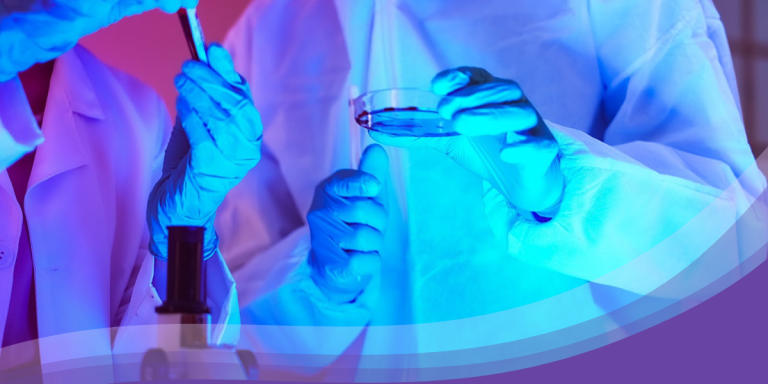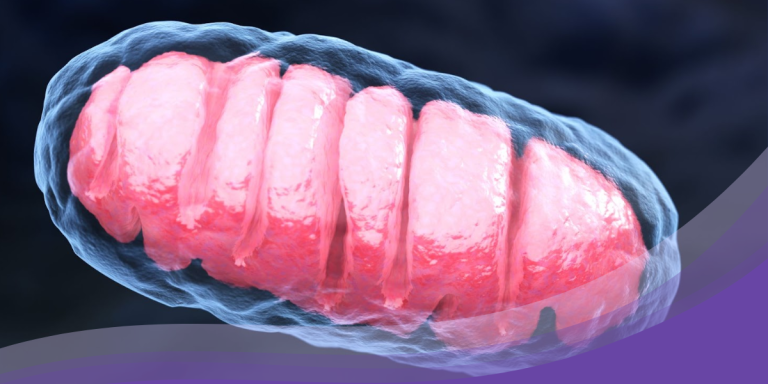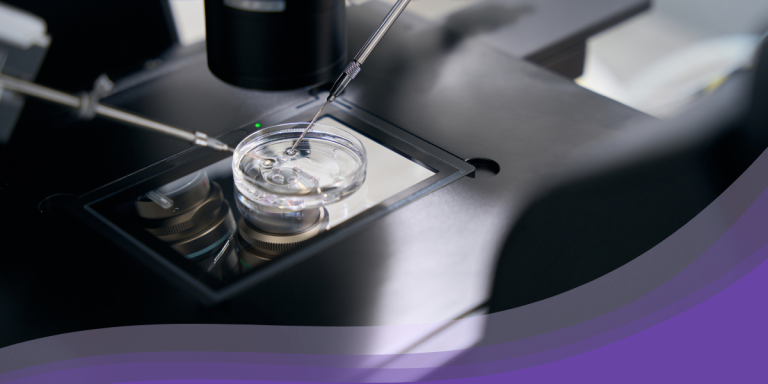The Remarkable World of MSC-derived Extracellular Vesicles

Understanding MSC-Driven Extracellular Vesicles: Unraveling the Science and Mechanisms
Extracellular Vesicles, formerly known as Exosomes, are small vesicles ranging from 30-120 nm (nanometers) in size found in nearly all eukaryotic fluids and facilitate a range of important cellular functions. In 1983 were initially thought to be a cellular waste. However, as research progressed, scientists discovered that these microscopic particles were not just garbage disposal units but vital communicators, carrying molecular messages between cells. Since their discovery, in 2010 scientists have been astonished by the multitude of ways these tiny particles may revolutionize our understanding of cell-to-cell communication and therapeutic possibilities.
As our understanding of these cellular marvels grew, researchers made a groundbreaking connection: the umbilical cord’s mesenchymal stem cells (MSCs) could produce EVs, including exosomes, that retained their regenerative capabilities. This discovery opened up a world of research possibilities. With the potential to harness the therapeutic benefits of mesenchymal stromal cells (MSCs) without the complications of cell transplantation, scientists began exploring MSC-EVs as a new frontier in research.
Exploring the Marvels of Umbilical Cord MSC-EVs
These nanosized membrane-bound particles are secreted by the umbilical cord’s mesenchymal stromal cells (MSC-EVs) and consisting of exosomes, microvesicles, and apoptotic bodies, and are released directly from the cell membrane into the intracellular matrix. They can travel through different bodily fluids such as the bloodstream to reach cells in many different body parts to facilitate and mediate cell-to-cell communication. MSC-EVs are involved in many processes including paracrine signaling to regulate cell differentiation, Immune signaling, Angiogenesis, Proliferation, Stress response, and recruitment via the molecules such as proteins (cytokines, chemokines, etc.), mRNA, and microRNAs directly to recipient cells that are stored within the vesicles. These molecules can be taken up by other cells in the body and alter recipient cells’ behavior, leading to various physiological responses.
Decoding the Impact of MSC-derived EVs on Recipient Cells
When MSC-EVs are released into the extracellular space, they interact with recipient cells by binding to surface receptors or through internalization via mechanisms like endocytosis, phagocytosis, or membrane fusion. Inside the recipient cell, the EV cargo modulates cellular signaling pathways, altering cellular behavior and phenotype. MSC-EVs play a pivotal role in modulating immune responses, promoting tissue repair and regeneration, and altering cell signaling pathways within recipient cells.
The Role of Extracellular Vesicles in the Modulation of the immune response
MSC-derived EVs can regulate the immune response by suppressing inflammation and
modulating the activity of immune cells. They can regulate cell behavior, also induce the production of regulatory T cells, which can further suppress immune responses. This is particularly promising for treating autoimmune disorders and other immune-related conditions.
Promotion of tissue repair and regeneration
MSC-derived EVs protect cells from damage and can stimulate the proliferation and differentiation of cells involved in tissue repair and regeneration, such as fibroblasts and endothelial cells. This makes them potential therapy research for various conditions involving tissue damage or degeneration, from skin wounds to neurodegenerative diseases.
Modulation of cell signaling pathways
MSC-derived EVs can alter the signaling pathways within recipient cells by transferring
microRNAs and other molecules. This can lead to cell behavior changes, opening up new possibilities for targeted therapies and precision medicine studies. They provide a crucial tool for regulating cell-to-cell communication, and various cellular processes. Moreover, they offer an effective means of delivering biological drugs to targeted tissues.
Why are MSC-Derived EVs (MSC-EVs) the best source?
The benefits of using MSC-derived EVs are remarkable. They are stable in culture and ready for use in R&D. They are the cleanest and purest product on the market with potency related to parent cells: Hematopoietic stem cells, Mesenchymal Stem cells, UCB-MC, T cells, etc. It’s a completely cell-free product that has the ability to deliver proteins(cytokines, chemokines, etc.), mRNA, and microRNAs directly to recipient cells. Due to their smaller size, they can traverse biological barriers, such as the blood-brain barrier, which may have major implications for treating neurological disorders.
Unlike traditional stem cell therapies, which involve the transplantation of live cells, MSC-EVs are highly purified and offer a cell-free approach that may avoid potential complications such as immune rejection, tumor formation, and ethical concerns. Additionally, they are NOT driven from a cultured/expanded source, every batch is from a unique qualified single donor, and more EVs are isolated compared to ultra-centrifugation and Better biomarkers which sparks therapeutic responses that can help researchers to study various conditions.
The forefront of biotechnology
The world of MSC-derived Extracellular Vesicles (MSC-EVs) offers us a glimpse into a future where scientists reach new heights and transform the way we approach healing. The inspiring journey of MSC-EVs has shown us that sometimes the smallest wonders can hold the key to unlocking the most extraordinary potential.
At SCR Therapy, it is our privilege to explore this exciting frontier, pushing the boundaries of knowledge and understanding. You can rely on our expertise at SCR Therapy for proprietary highly concentrated EVs whether you are using our products for any downstream or upstream processes. Stay tuned for more exciting discoveries and breakthroughs in the world of MSC-derived Extracellular Vesicles! To learn more, please feel free to contact us!





